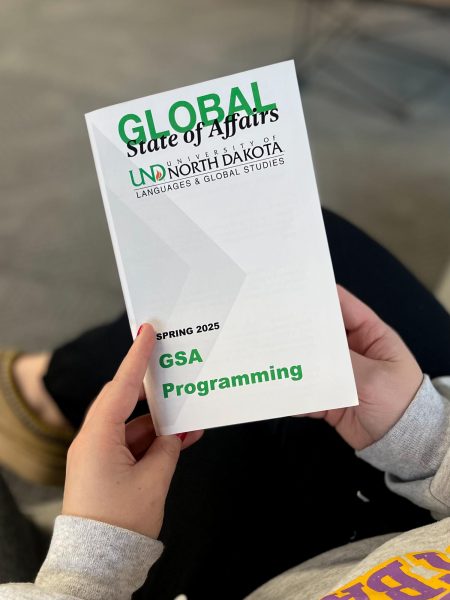Netflix’s ‘Black Mirror’ delivers strong performance
5 out of 5 stars
With more and more content appearing on Netflix, I have developed a system to decide what is worth watching and what isn’t. There are too many average shows and movies to watch them all, so my strategy is to only watch things so atrocious that they manage a one star rating or something that can manage a five star rating.
Sure, this system has it’s flaws: It led me to “Supernatural,” a show that seems to depict an alternate reality where people have been replaced with cardboard cut-outs with the humor of a particularly unfunny cabbage.
Speaking of alternate realities, I have a strong desire to transition into the show that this review is about.
“Black Mirror” is a British-made anthology series that focuses on the effects of technology on the world we live in. Imagine a modern day “Twilight Zone.”
The first episode of the show is called “The National Anthem,” and features the story of a Princess of the United Kingdom, who has been kidnapped. The kidnapper issues one demand to the Prime Minister, that he go on live television and have sex with a pig.
When this was proposed to me, I thought that it would be one of the funniest things I had heard in awhile.
Instead, I left the show feeling depressed by all of the human elements behind the story.
This episode played off of the idea of mockery and how, just like me, the people in the show that were excited to see this spectacle left feeling awful about themselves.
It was at this point that I realized I needed to watch another episode. Never before had I seen a show that was so deliberate in its design that it could make every move so perfectly.
So I started the second episode, and it was completely different from the first.
From what I can tell the three episodes in both seasons all fall into categories. There is one political satire, one episode about a future society and one about the effects of future technology.
The second episode, titled “15 Million Merits,” features the tale of a man and a woman who learn the true price of fame in a consumerist society focused entirely on exercise and physical fitness.
The society is truly explored through the dialogue, as you see players play games about murdering fat people and watch ads about becoming an entertainer. They treat the revolutions on their bicycles as merits that they use to buy food, skip ads and buy virtual clothes for their onscreen avatars.
The personal drama between the main character Bing and his love interest Abi is truly touching as the commentary of the corruption of fame as well as the marketability of outrage.
I can’t stress this enough, this is the best show on Netflix. Period. It thoroughly earns a 5 out of 5 star rating for making me feel bad about a man making love to a pig.
Alex Bertsch is the editor in chief for The Dakota Student. He can be reached at [email protected]






